Seven nutrition myths busted – including why snacking isn’t bad for you
Eating well can be tricky without knowing the facts about how nutrition works. Here are some nutrition myths that you might have believed until now
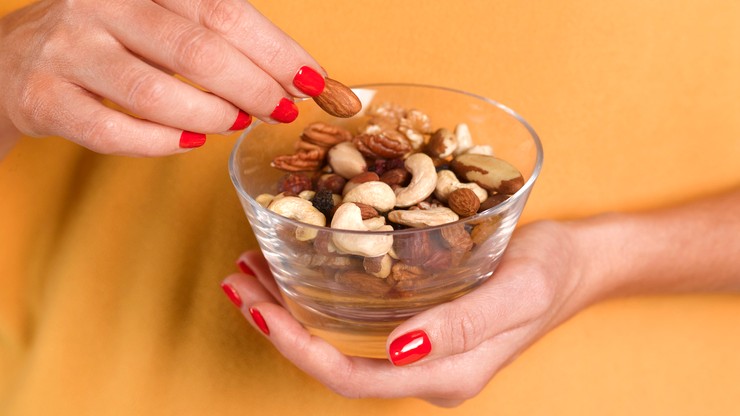
Many people will have grown up hearing and believing various nutrition myths. From old wives tales to fad diets, it’s difficult to know what to believe when it comes to health and nutrition. This is particularly true when new research is often being undertaken and it’s not unusual for experts to change their mind about the best foods to eat for good health.
But there are some long standing myths about nutrition that simply aren’t true, even though lots of people might have believed them for a long time (and adjusted their diets accordingly as a result). One of the reasons is that a lot of people are looking for quick fixes when it comes to losing weight, gaining muscle or improving their overall health. But doing any one of these things is rarely simple and it often requires making a number of different changes to your diet, such as using the best protein protein powders for weight loss or supplementing where there are shortfalls in particular nutrients.
So what are some common beliefs we have about nutrition that are actually completely unfounded? We asked Sophie Medlin, a dietician at CityDieticians, to debunk seven nutrition myths that you might have otherwise believed.
1. “Gluten-free foods are healthier”
You’ll often find gluten-free products in the health section of a supermarket, which might make you think they’re healthier alternatives to food items with gluten in, like pasta and bread. But actually, there’s nothing wrong with eating gluten for most people.
“Gluten causes no harm unless you have coeliac disease or an intolerance,” Medlin says.
If you think you have a gluten intolerance, it’s best to speak to your doctor so you can take the relevant tests and opt for a gluten-free diet. However, for most of the population, gluten-free pastas and breads actually aren’t the best choice.
“The vast majority of gluten free foods contain extra, fat, sugar, salt and other additives to make them taste better, meaning they’re worse for your health,” Medlin explains.
Get the Fit&Well Newsletter
Start your week with achievable workout ideas, health tips and wellbeing advice in your inbox.
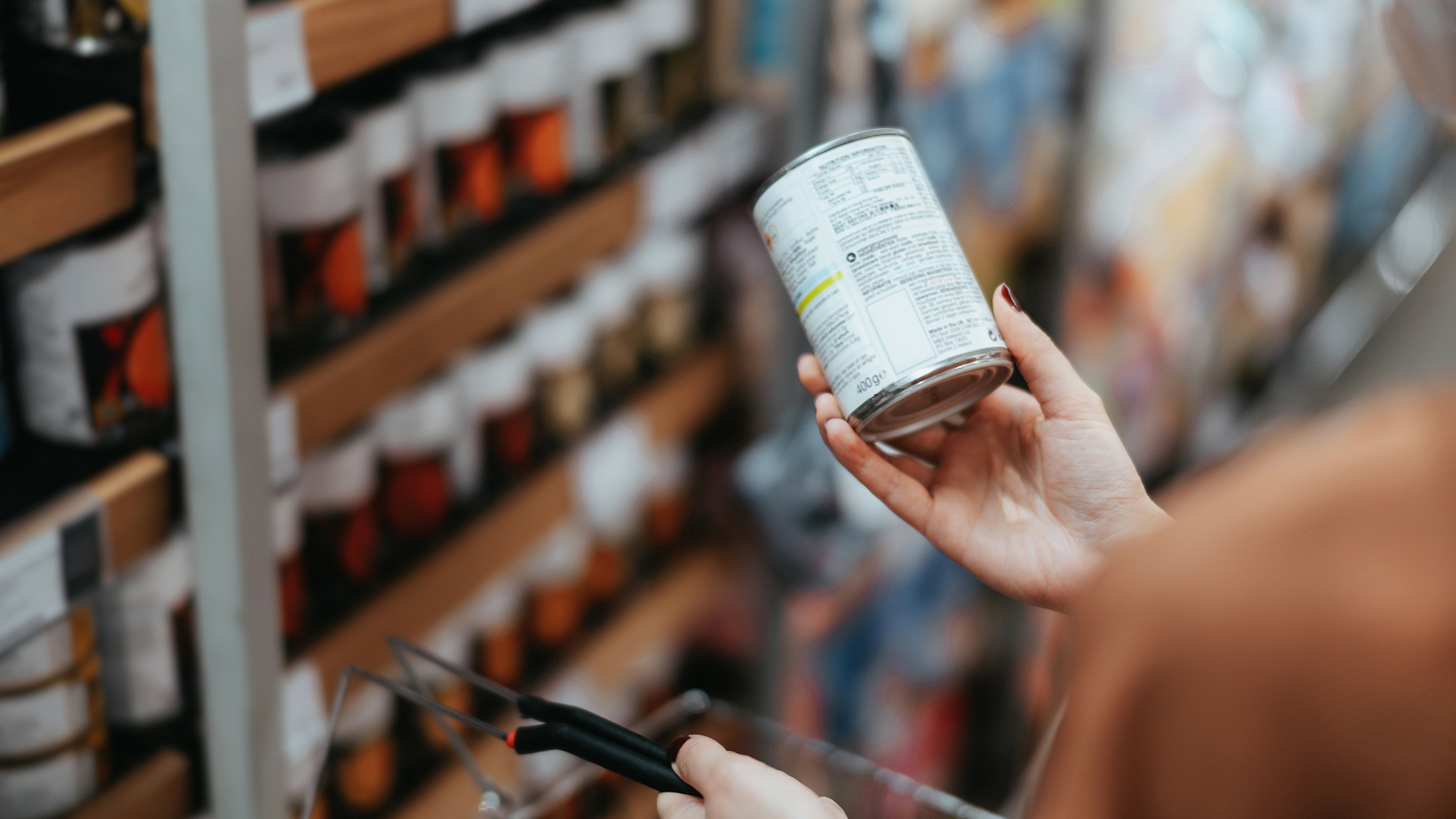
2. “Low-fat foods are better for you”
Fat is one of three macronutrients, alongside carbohydrate and protein, meaning it’s an essential part of a healthy, balanced diet. However, fat has been villainised over the years and many people consider all fatty foods unhealthy.
Yet there are actually a lot of healthy fats that you can find in foods like avocados, peanut butter and oily fish. Omega-3 foods are also part of a healthy diet.
According to Medlin, there are some cases when low-fat foods could be beneficial, like if you have high cholesterol. Often, whether or not a low-fat product is better for you will also vary on a case by case basis. “For example, semi-skimmed milk is generally better than full cream,” Medlin says. “In general though, when the fat is taken out of a product, it is usually replaced by sugar or artificial ingredients, meaning you are less likely to benefit from the lower fat content.”
3. “Snacking is bad for you”
Ever followed a diet that told you to cut out snacking completely? This could have inadvertently been working against you. “Snacking can be a really useful way to regulate your appetite throughout the day and prevent overeating,” Medlin says.
A 2014 study found that whether or not snacking is beneficial for your health will depend on a number of things including your age and your attitude towards snacking, suggesting: “developing recommendations regarding snacking and meal frequency is extremely problematic for numerous reasons.”
It’s never healthy to feel hungry and low in energy and often snacking is the best solution for this, particularly if you have an active lifestyle. “I have to add planned snacks to most of my patients' diets to ensure they don’t graze all afternoon or eat too much in the evening,” Medlin adds.
Try these high protein snacks to help keep you fuller for longer.
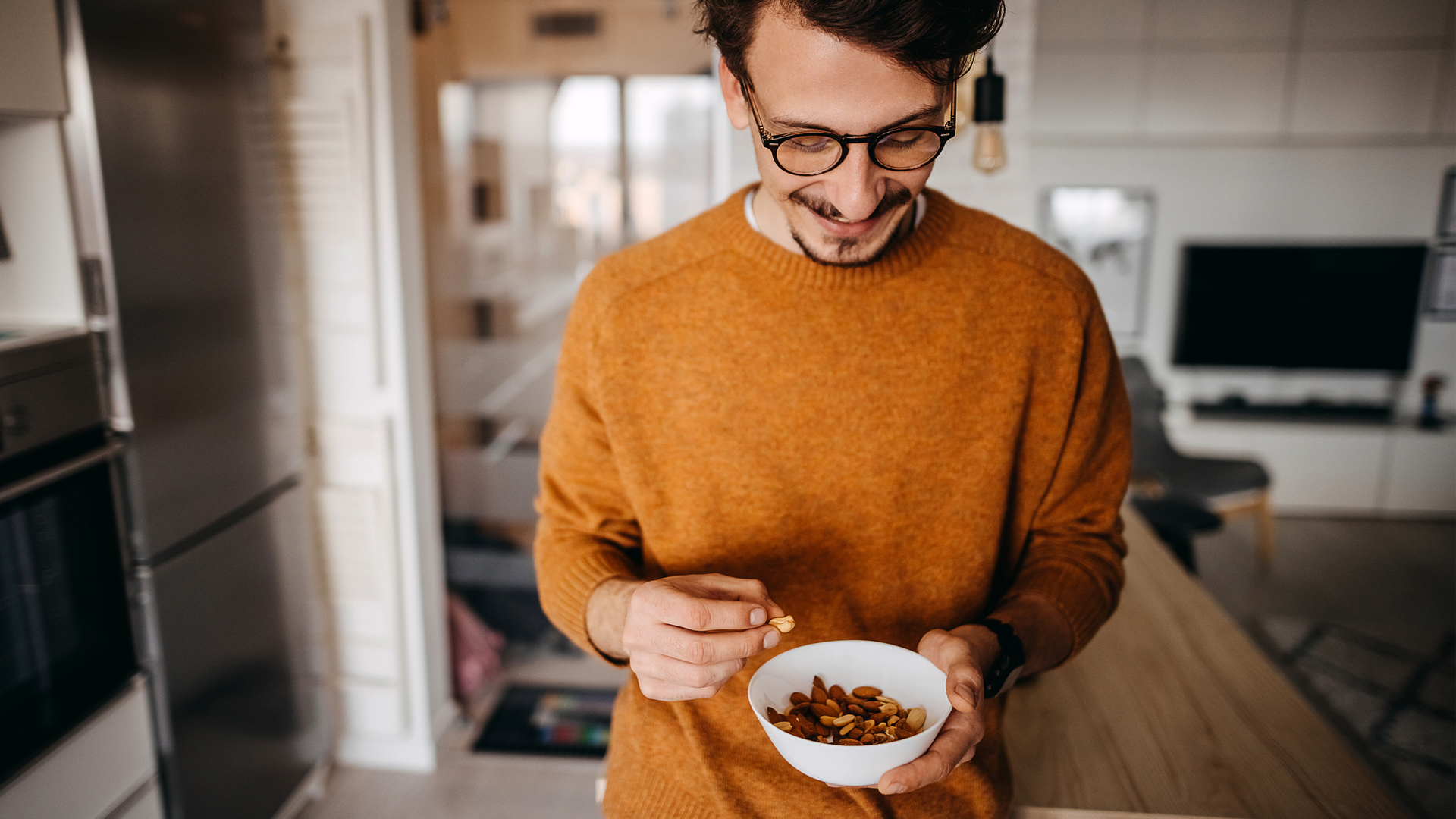
4. “You shouldn’t skip breakfast”
We’ve all heard the phrase that breakfast is the most important meal of the day. But is this really true?
“We used to think that skipping breakfast was a bad idea but now we know that eating to your appetite is better,” Medlin says. “If you don’t feel hungry first thing, wait until you are hungry but make sure this doesn’t mean that you’re so hungry at lunch time that you eat three times as much as you would if you had breakfast.”
A 2014 study carried out over four months actually found that eating breakfast didn’t have any significant impact on weight loss compared to not eating breakfast. So it’s a good idea to listen to your body when it comes to food; this might mean having five small meals in the day, rather than three big ones, or it might involve skipping certain meals, like breakfast, if you have no appetite. It’s all about figuring out what works for you.
5. “Eating a low-carb diet is healthier for you”
As well as fats, many people believe carbohydrates are inherently unhealthy and that we should minimise the amount of carbs we include in our diet. But actually, carbohydrates are in almost every food we eat and focussing solely on this one macronutrient might mean you neglect other areas of your diet.
Medlin explains that for most people, eating a low carb diet will induce weight loss. “But this doesn’t mean it is right for everyone because any calorie controlled diet will induce weight loss even if it’s 90% carbohydrate,” she says.
There have been various studies undertaken on the effectiveness of low-carb diets, with a recent study finding that low-carb diets can be effective in the short term for weight loss but are not necessarily healthy in the long term.
Medlin stresses that it’s important to also think about how following a low-carb diet could affect your attitude towards nutrition: “For some people, restricting carbs can mean that all they think about is carbs and then they end up bingeing on them so it really doesn’t work for everyone.”
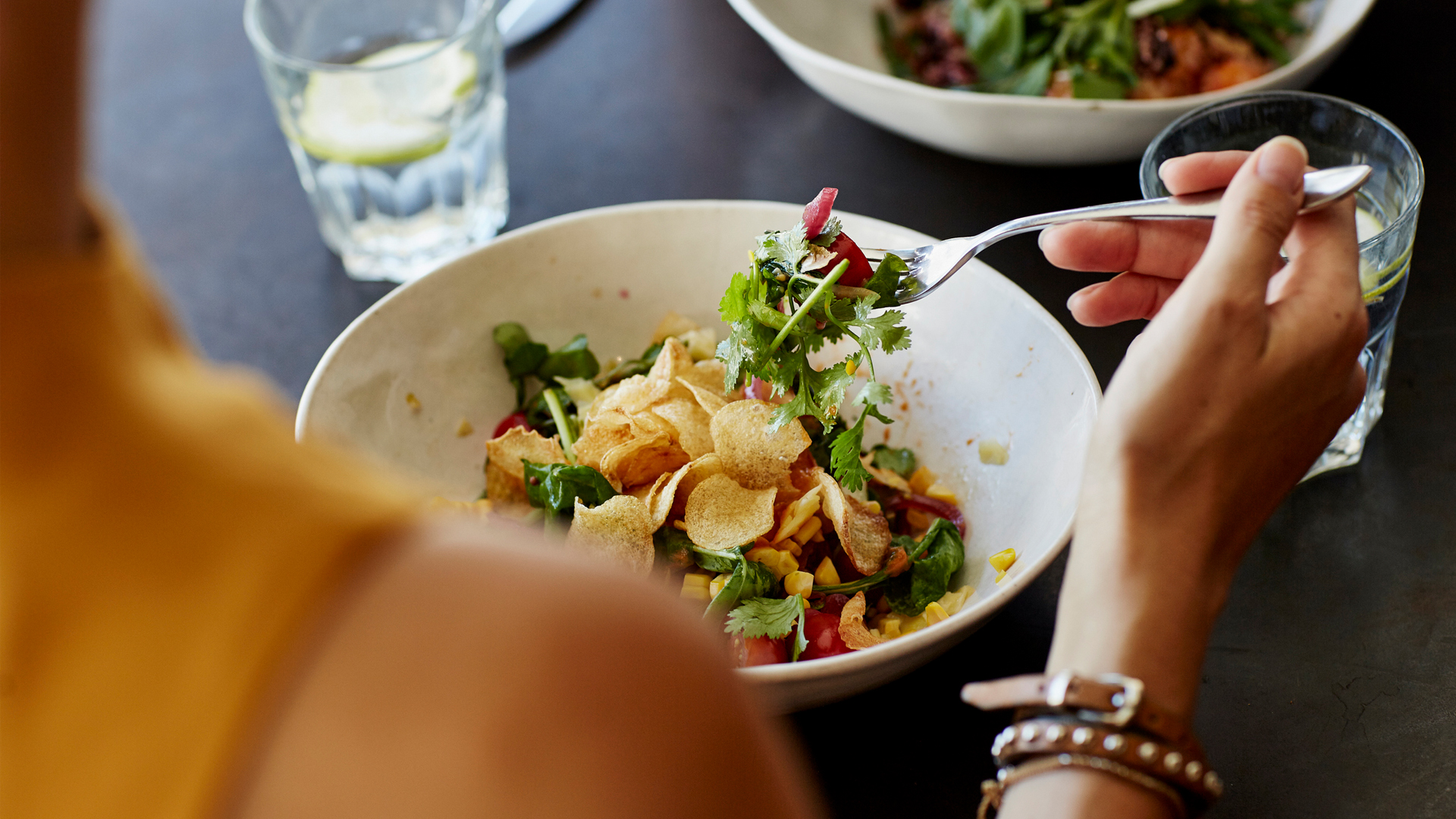
6. “Juice cleanses can ‘detox’ your body”
Most people would struggle to find anything enjoyable about a juice cleanse (i.e. fasting other than drinking a set number of juices for a certain time period). But many people try them in an attempt to lose weight or ‘detox’ their body.
However, Medlin says that these types of cleanses are generally fruitless. “Nothing can ‘detox’ your body apart from your liver and your kidneys,” she says. “Juice diets actually put your kidneys under a lot of pressure with a number of people being hospitalised as a result.
“Your liver and your kidneys need normal food to work optimally and juice diets restrict their ability to do their job properly and put them under additional pressure creating more ‘toxins’ in the body rather than less.”
And while juice cleanses might make you lose weight right away, a 2017 review found that they can actually lead to weight gain when you return to your regular diet.
7. “Everyone should be taking supplements”
Nutritional supplements have become increasingly popular in recent years, with 2021 data suggesting that 20 million people in the UK are taking supplements every day. Many people believe that taking daily vitamin and mineral supplements are an essential part of being healthy but this isn’t necessarily true.
According to the NHS in the UK, most people do not need to take vitamin supplements and can get all the vitamins and minerals they need by eating a healthy, balanced diet. Plus, taking some supplements unnecessarily could be potentially dangerous, according to Medlin.
“There is no one-size-fits-all when it comes to supplements and it’s really important to remember that supplements are not benign,” she says. “Vitamin and mineral supplements in particular can cause physical harm and potentially permanent health harm for people who have particular conditions or genetic traits.”
This isn’t to say that supplements are redundant – they can be a really useful tool if you’re lacking in specific vitamins or nutrients, especially if your doctor has recommended taking them to improve your health. But they are not an essential part of a healthy lifestyle for everyone.
Alice Porter is a freelance journalist covering lifestyle topics including health, fitness and wellness. She is particularly interested in women's health, strength training and fitness trends and writes for publications including Stylist Magazine, Refinery29, The Independent and Glamour Magazine. Like many other people, Alice's personal interest in combining HIIT training with strength work quickly turned into a CrossFit obsession and she trains at a box in south London. When she's not throwing weights around or attempting handstand push-ups, you can probably find her on long walks in nature, buried in a book or hopping on a flight to just about anywhere it will take her.
-
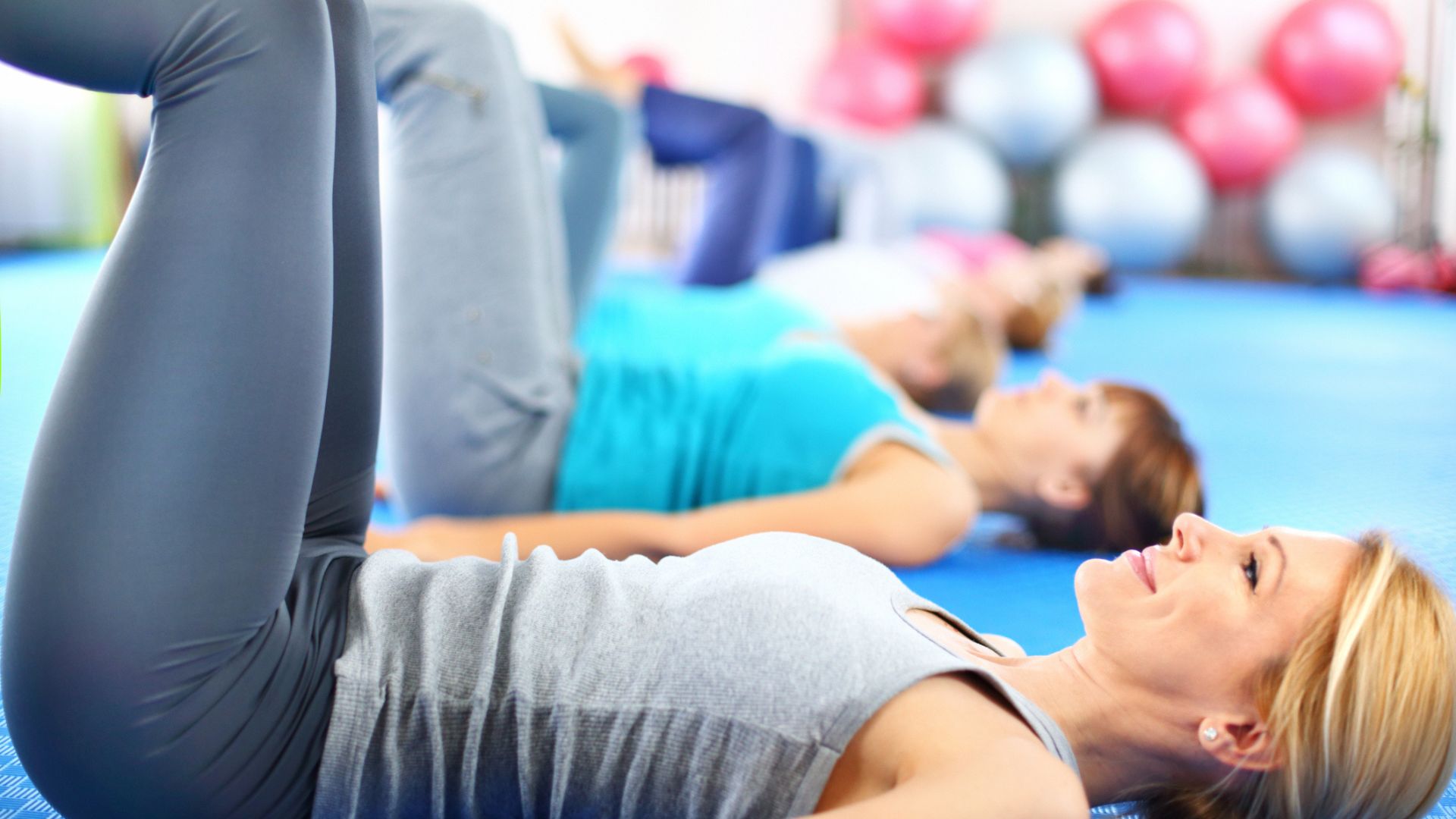 A Pilates instructor says this is the beginner-friendly core exercise everyone should try
A Pilates instructor says this is the beginner-friendly core exercise everyone should tryForget crunches, this is the perfect foundation move
By Alice Porter Published
-
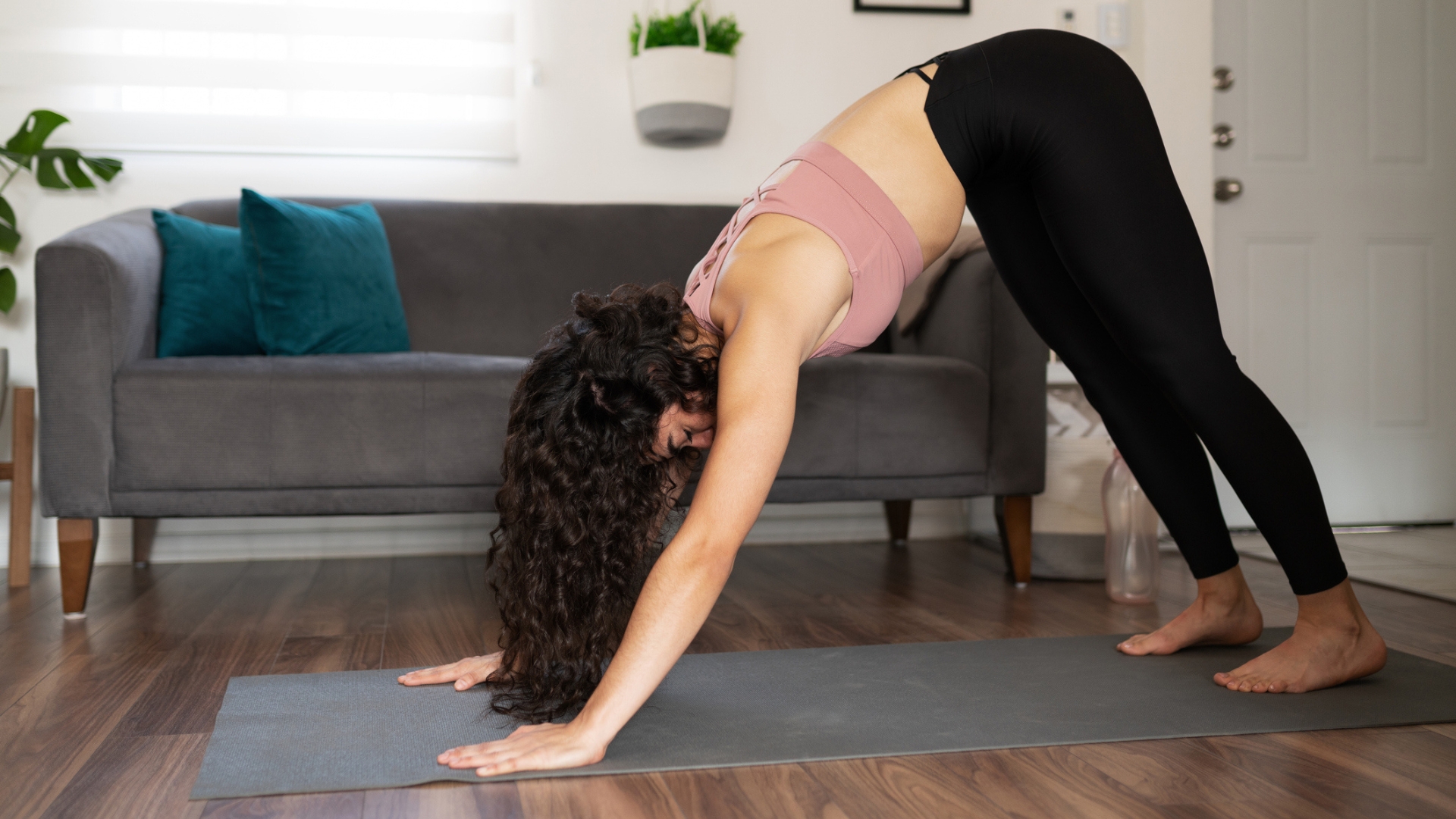 Prevent poor posture and release tension from sitting down with these four simple stretches from a yoga instructor
Prevent poor posture and release tension from sitting down with these four simple stretches from a yoga instructorThe daily poses he swears by, no matter what
By Alice Porter Published
-
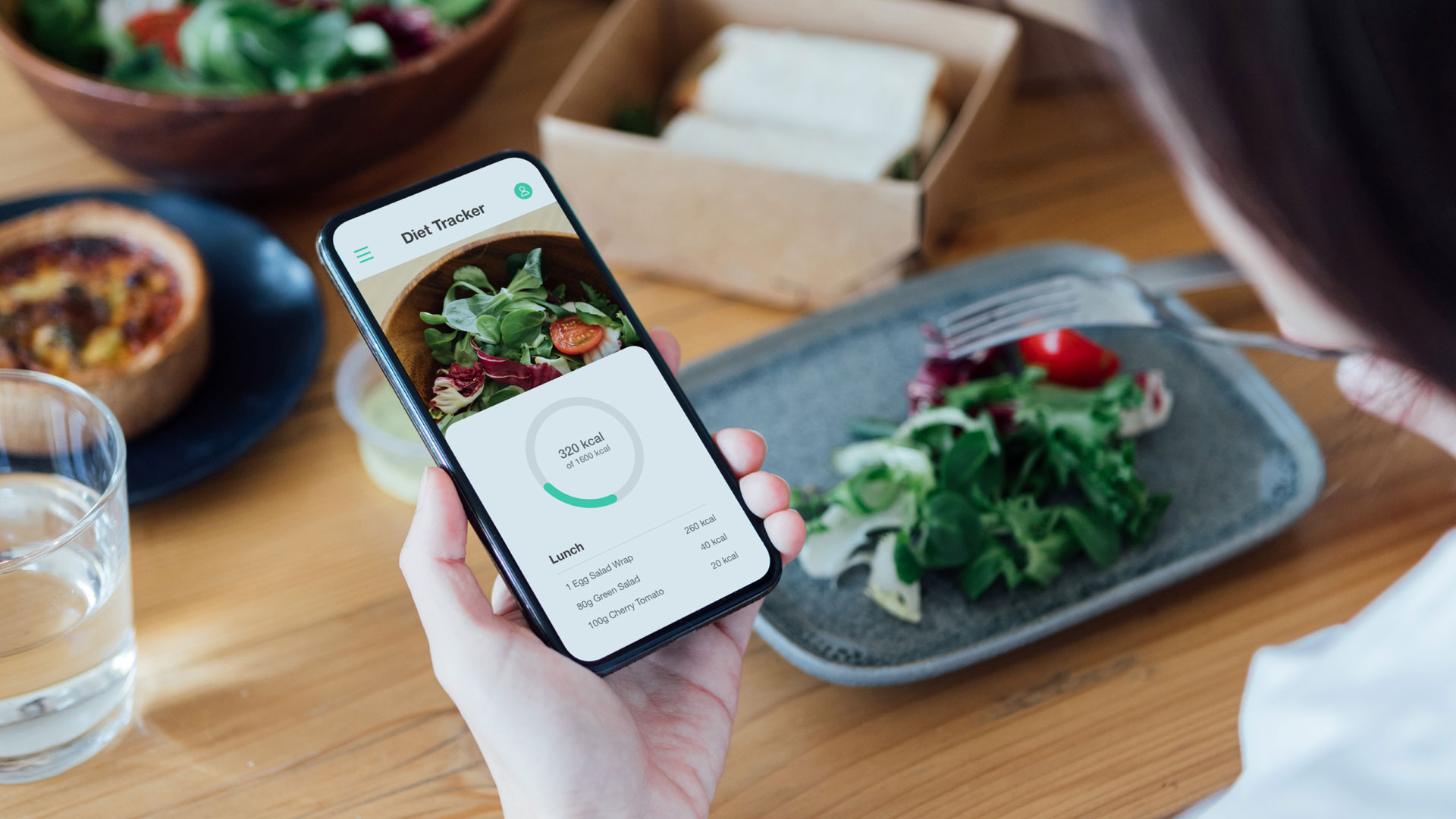 Six weight loss myths debunked by a nutritionist
Six weight loss myths debunked by a nutritionistWeight loss Can any of these weight loss myths actually help you to lose weight?
By Anna Gora Published
-
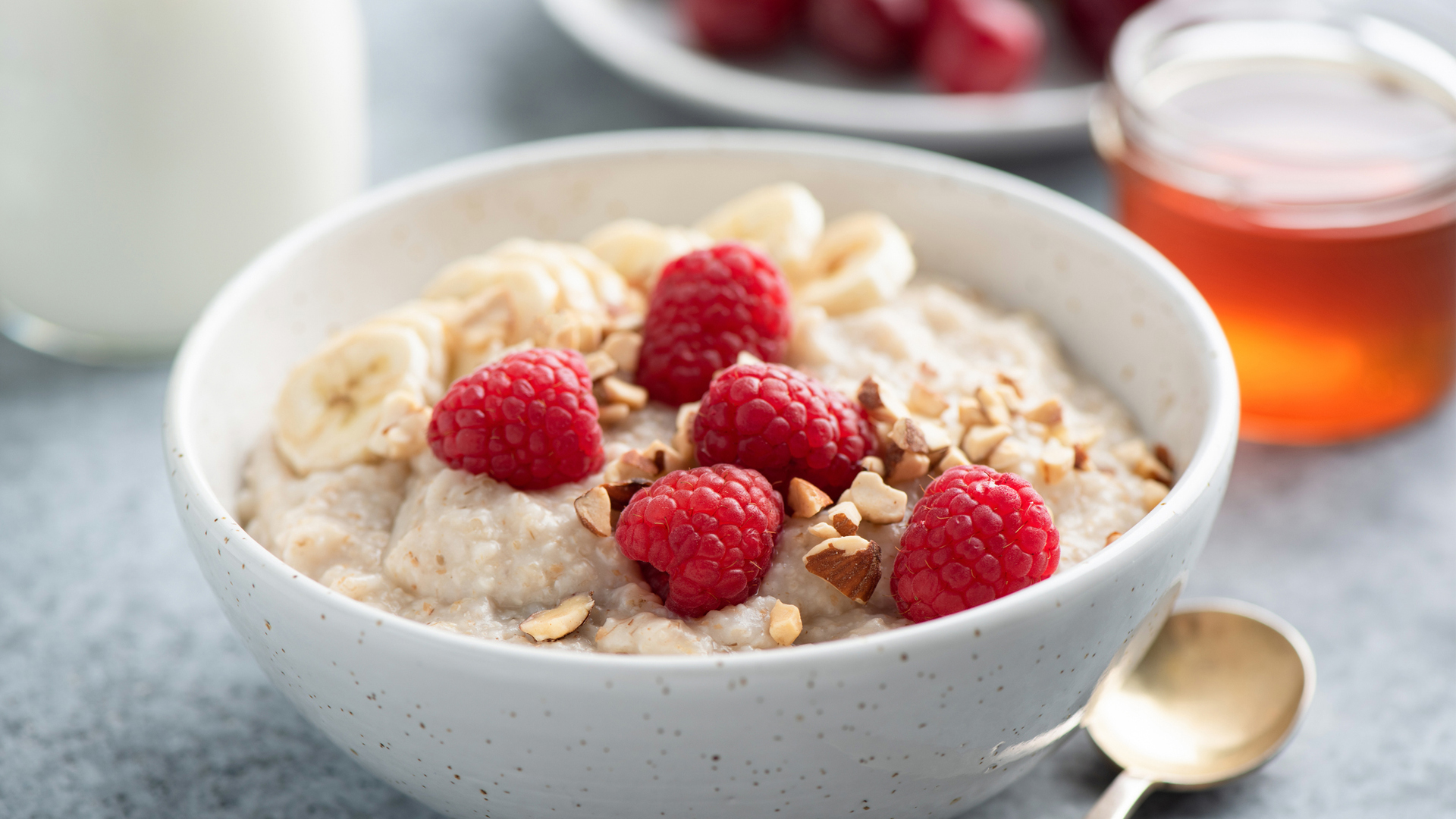 How to lose weight without counting calories
How to lose weight without counting caloriesWeight loss Finding a weight loss method that suits your lifestyle can be difficult. Here’s how to lose weight without counting calories, according to a dietician
By Alice Porter Published
-
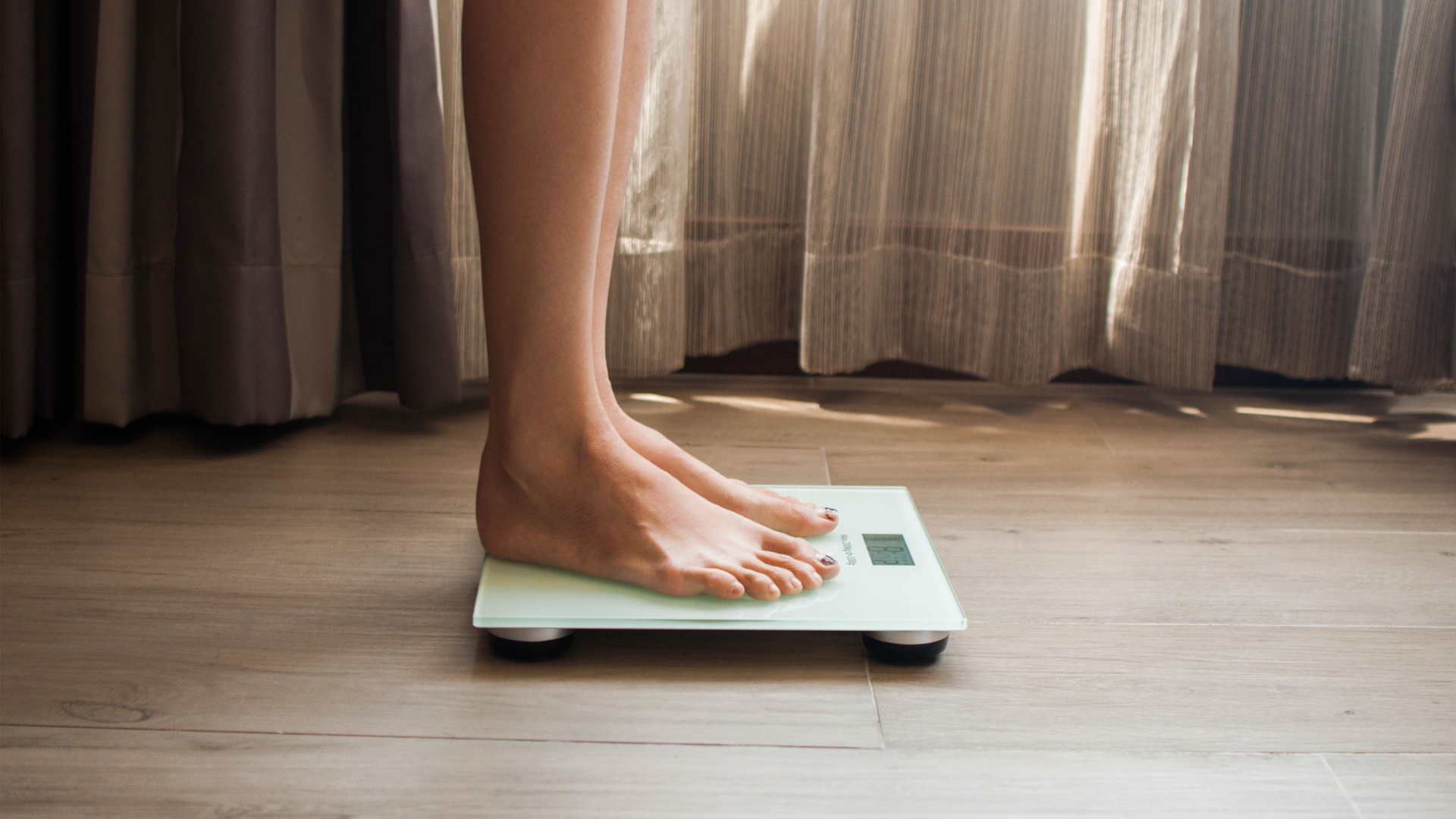 How long does it take to lose weight?
How long does it take to lose weight?Weight Loss Weight loss is personal — but how long does it take to lose weight on average? We asked a dietician to explain
By Alice Porter Published
-
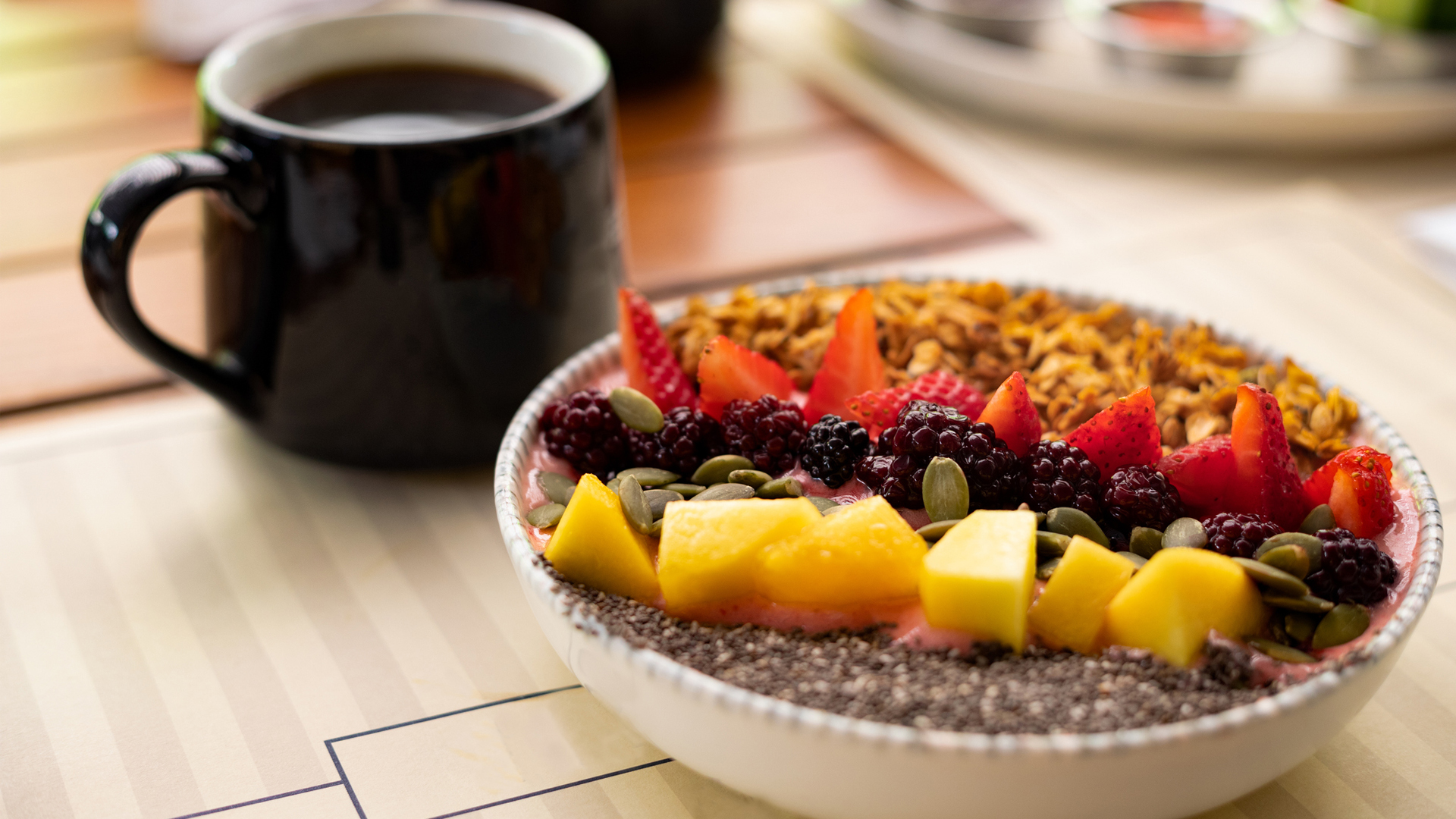 7 dietitian-approved weight loss hacks that actually work
7 dietitian-approved weight loss hacks that actually workThere’s no cheat-sheet to weight loss, but these dietitian-approved weight loss hacks can actually make a difference
By Mollie Davies Last updated
-
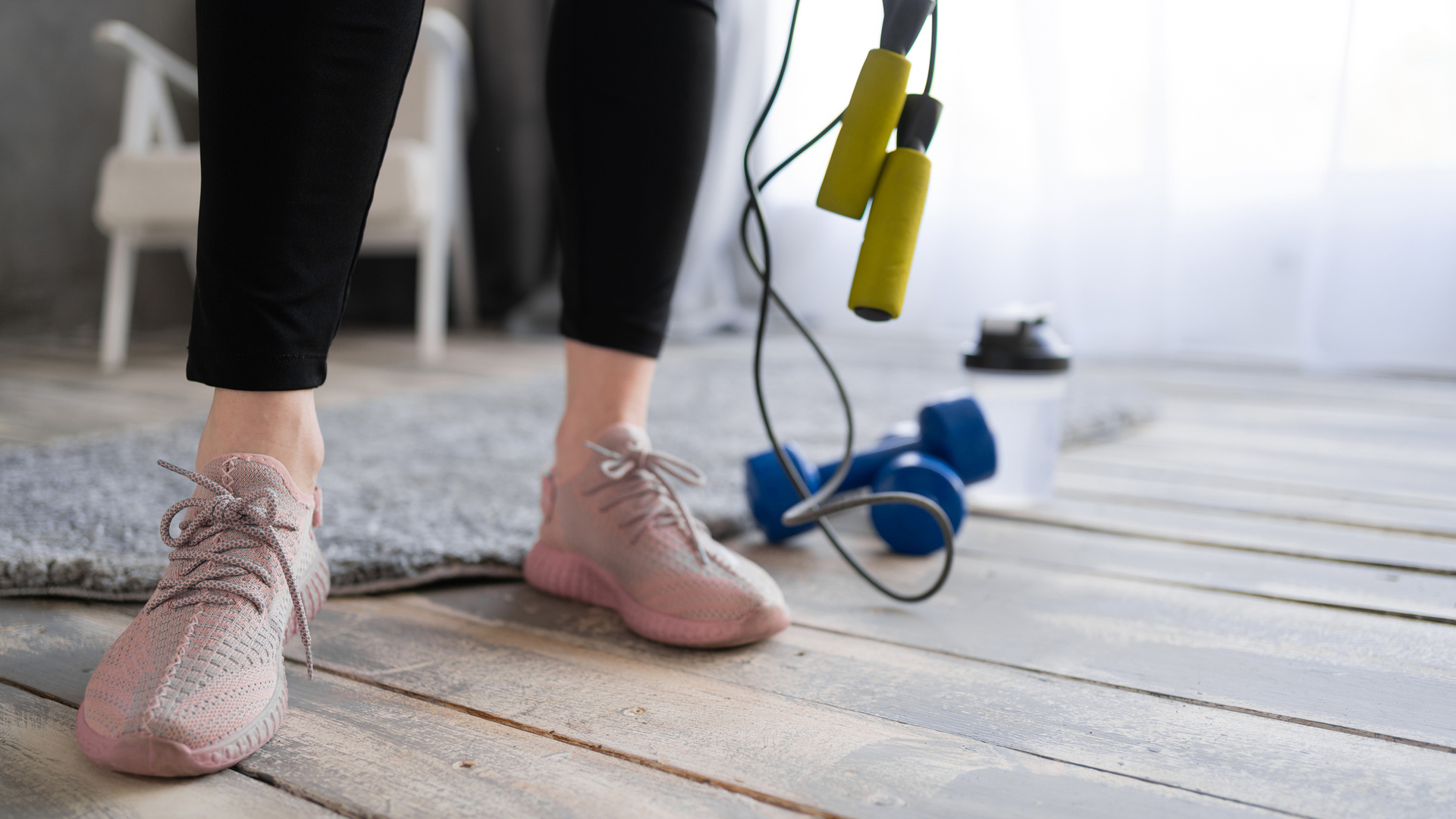 Eight reasons you can’t lose weight – and what to do about it
Eight reasons you can’t lose weight – and what to do about ithow to Sticking to a diet plan but still can’t lose weight? Here are eight things that could be preventing you from seeing changes to your body
By Alice Porter Published
-
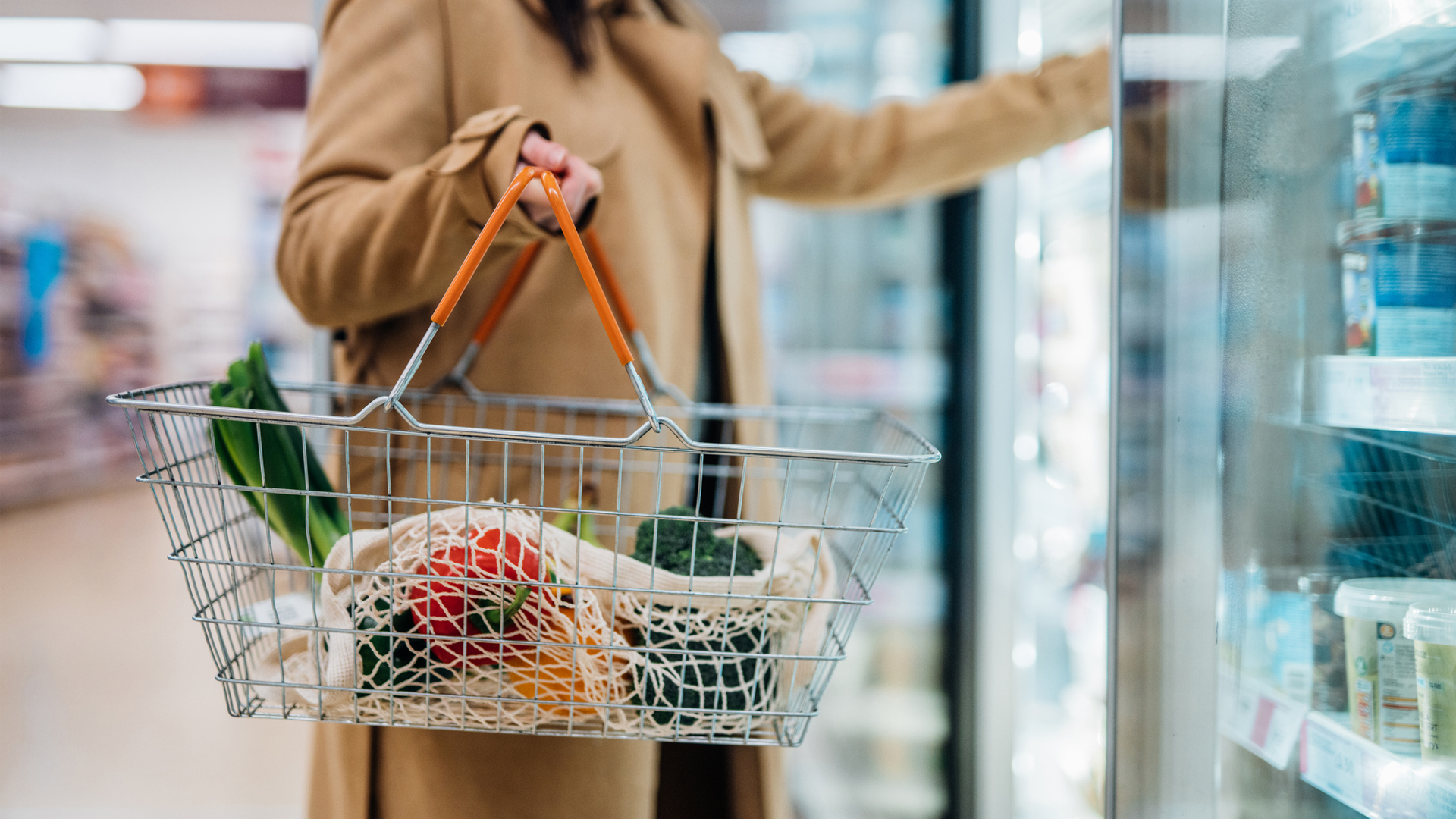 The most common weight loss mistakes and how to avoid them
The most common weight loss mistakes and how to avoid themhow to Struggling to shed those extra pounds? You may be making these weight loss mistakes
By Meg Walters Published
-
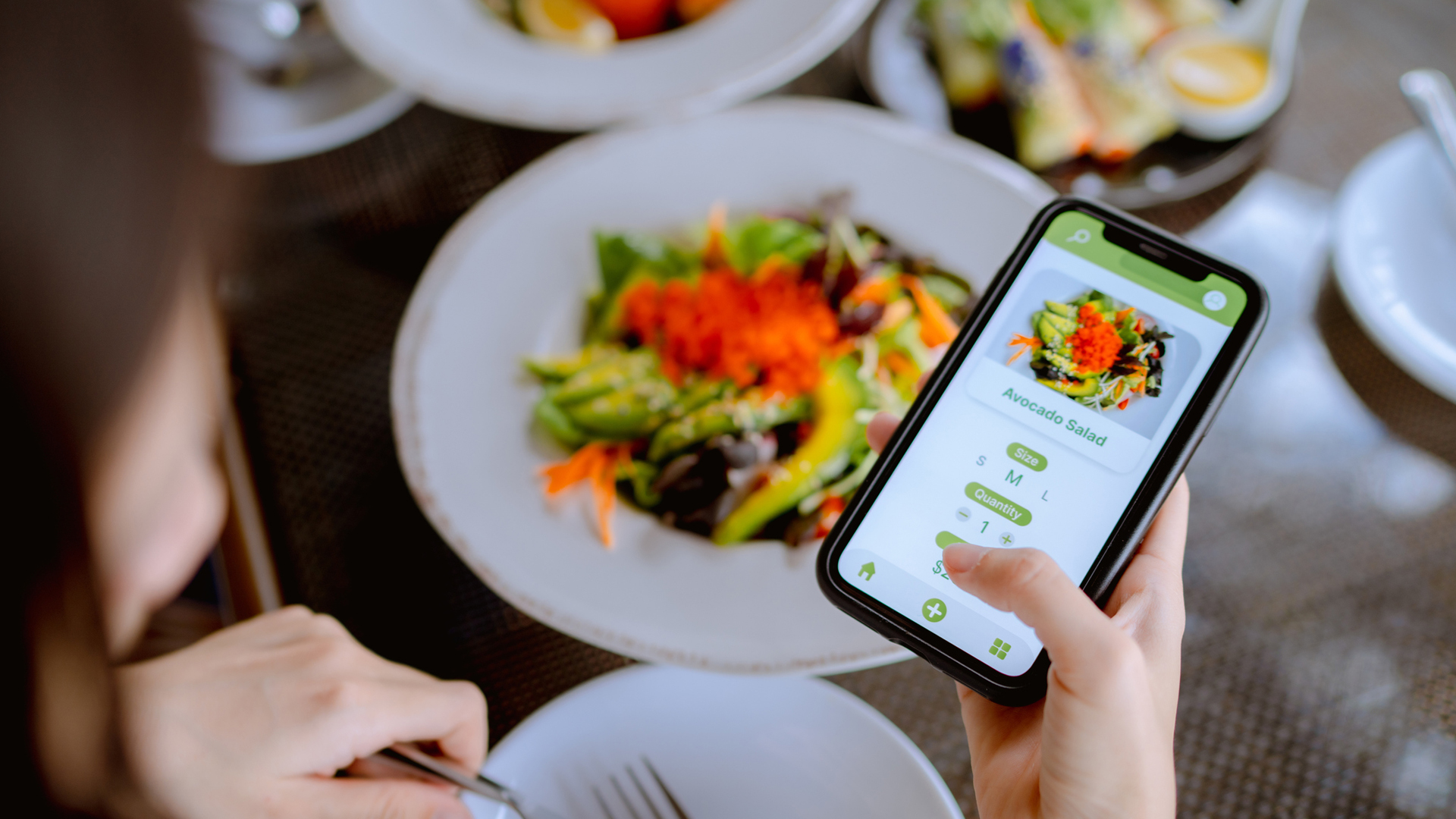 How to calculate macros for weight loss
How to calculate macros for weight lossNutrition Our expert gives us the lowdown on how to calculate macros for weight loss
By Lucy Gornall Published
-
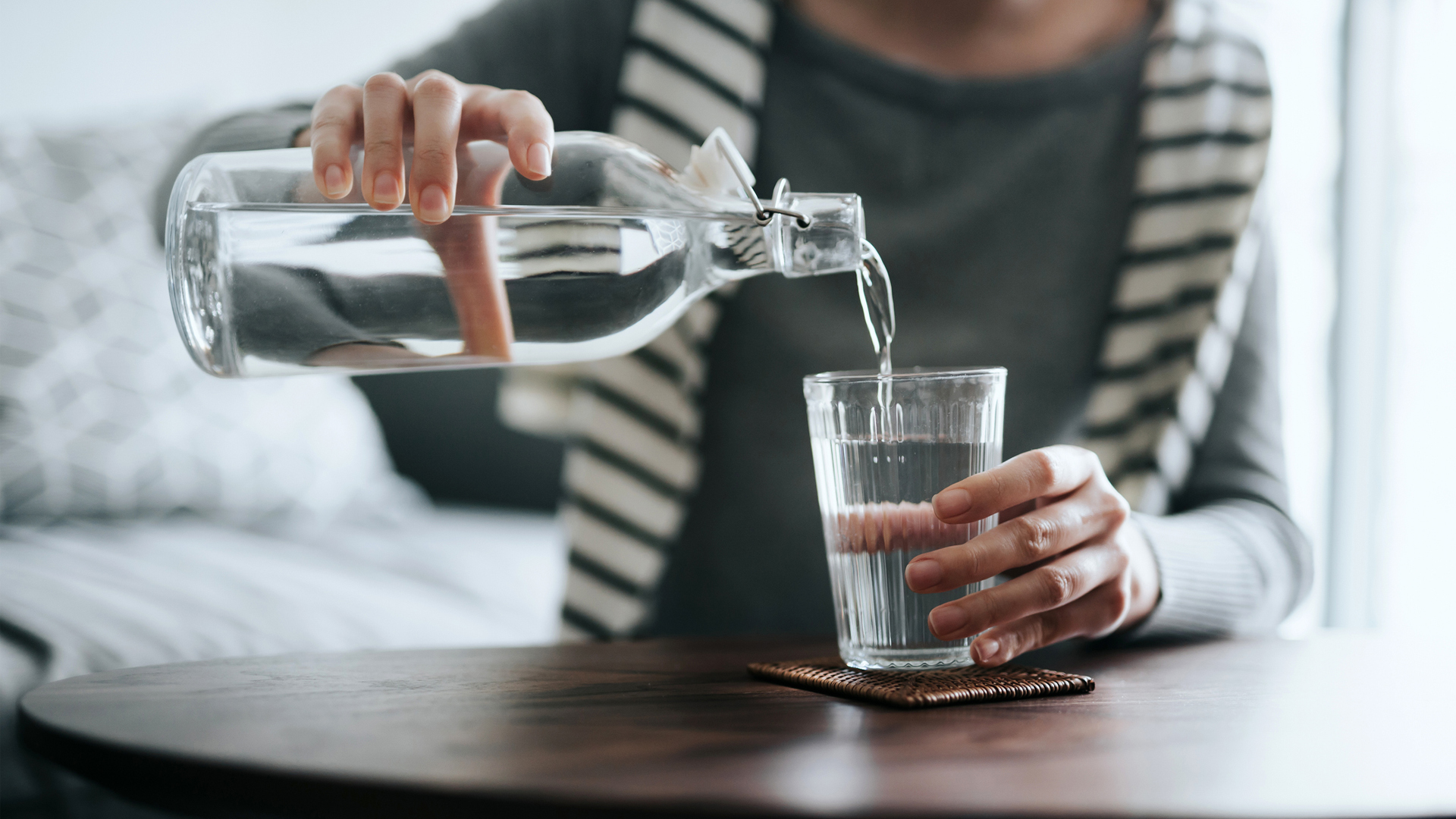 Does drinking water help you lose weight?
Does drinking water help you lose weight?Weight loss Does drinking water help you lose weight? We look at the facts and the links between hydration and weight management
By Lou Mudge Published